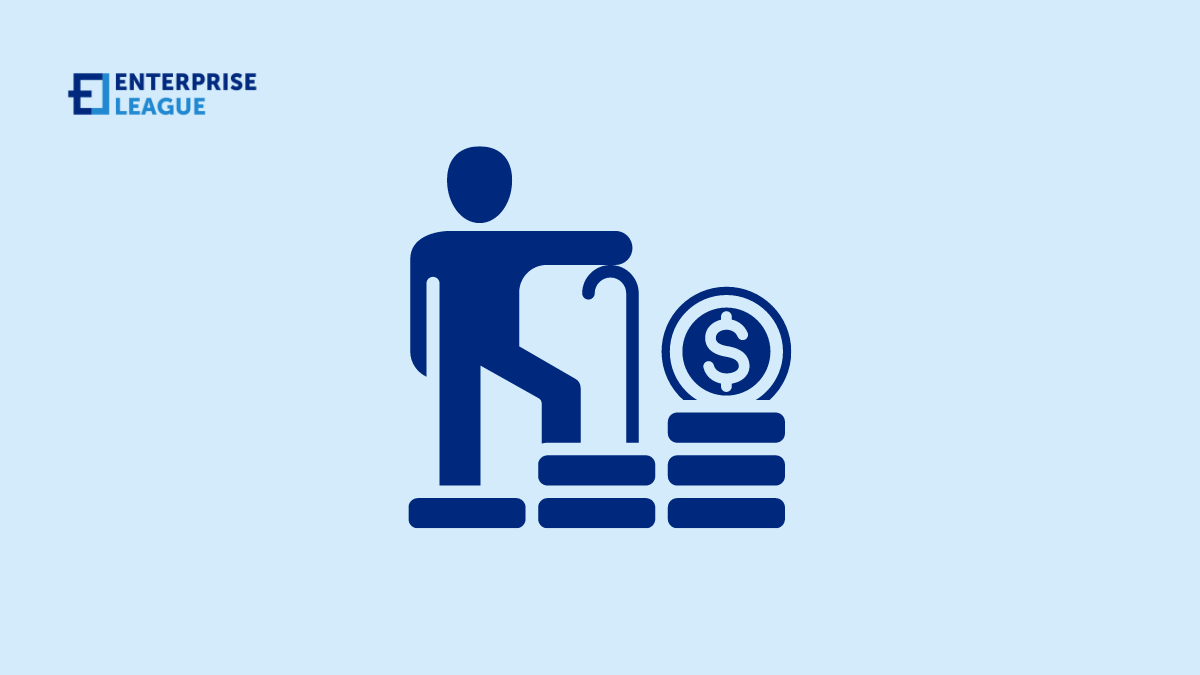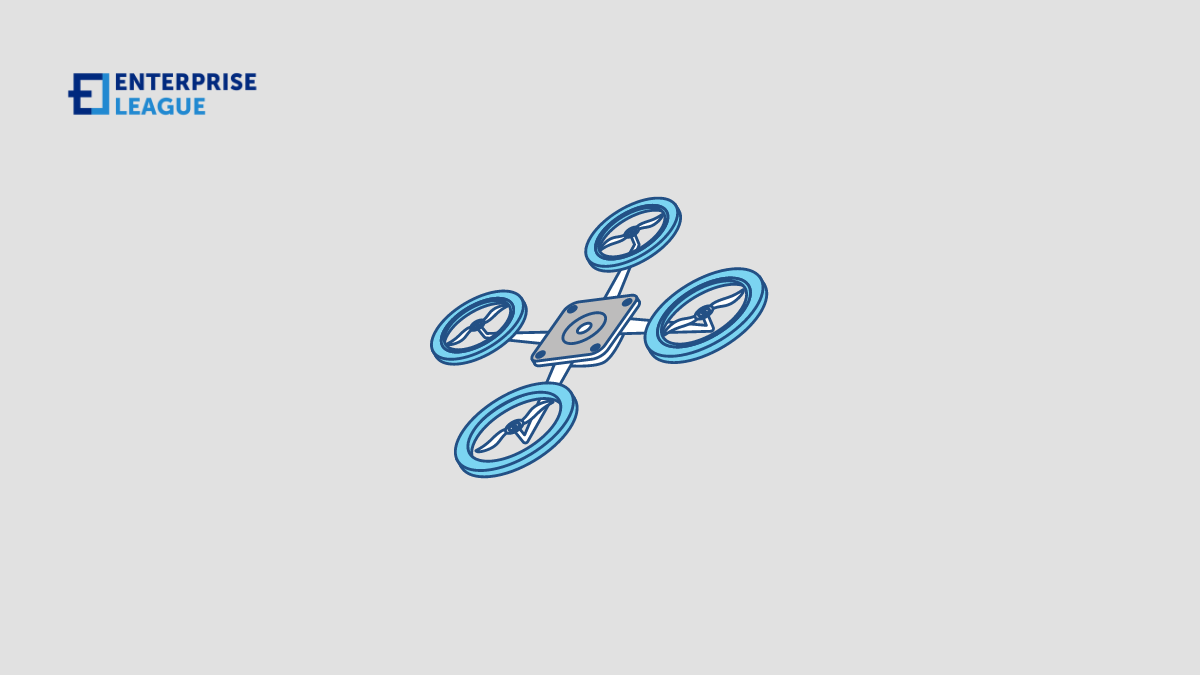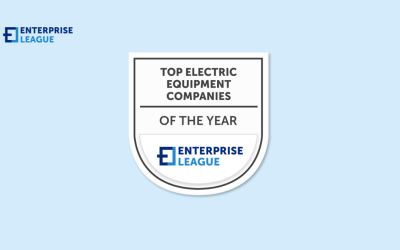Originally conceived as a means to help employees save for their golden years, 401(k)s have undergone a remarkable transformation. Today, these retirement plans have become a powerful tool for businesses, not only in attracting and retaining top talent but also in fostering sustainability and driving innovation.
The origins of 401(k) plans
The advent of 401(k) plans in the early 1980s significantly changed retirement savings in America, bringing about a revolutionary transition in the field. These retirement savings plans, which got their name from an Internal Revenue Code clause, let employees save money without paying taxes on it until they took the money out later. More recently, Americans had around $7.2 trillion invested in 401(k)s.
Recruitment and engagement of employees
Employers can entice qualified individuals and encourage long-term commitment and loyalty among employees by offering competitive retirement benefits. This approach not only responds to employees’ increasing emphasis on financial well-being and long-term planning but also gives employees a sense of security and stability, thus making 401(k) plans an essential differentiator in an increasingly competitive market for companies seeking sustained success and top talent acquisition.
But navigating 401(k) plans may seem complex, with traditional 401(k) plans versus safe harbor 401k plans being two options available to employees looking for solutions.
Safe harbor 401(k) plans offer employers additional advantages over traditional plans, including reduced administrative burden and greater flexibility when designing retirement benefits while still offering employees valuable savings opportunities. Traditional plans must undergo stringent testing for compliance with regulations and nondiscrimination requirements while safe harbor 401(k)s can pass these tests automatically by meeting specific employer contribution and participant vesting requirements.
These benefits provide employers with additional savings opportunities while simplifying administrative burdens for themselves while still offering great retirement savings options to their employees.
Financial empowerment and education
They are platforms for financial empowerment and education. Businesses can give employees the information and resources they need to make wise investment decisions by providing them with extensive plan offerings and educational materials. This in turn fosters a workforce that is not just astute with money but also has a strong stake in the company’s success.
Catalyst for organizational culture
A significant shift in the workplace culture and a move toward increased employee freedom are represented by the integration of 401(k) plans into corporate culture. Deeper employee engagement and loyalty result from companies that cultivate a culture of financial prudence and long-term planning, which makes employees invested stakeholders in the company’s trajectory.
Despite variations in hierarchy, this dedication to retirement savings brings team members together and promotes a sense of togetherness and camaraderie throughout the entire company. When individuals collaboratively invest in their futures, the company culture is imbued with a sense of teamwork, resilience, and shared purpose.
Strategic financial planning
Companies can use 401(k) plan tools for risk management and financial planning from a strategic perspective. This helps with employee churn and preserves stability in the face of economic fluctuations by offering retirement benefits to their personnel. Furthermore, employer contributions to 401(k) plans are deductible, enabling businesses to benefit from reduced tax obligations.
Important for innovation and growth
Employers can leverage 401(k) plans to tap the full potential of their workforce by helping individuals plan for the future more easily, reduce financial strain, foster innovation, productivity, and an entrepreneurial mindset, ultimately contributing to more efficient businesses that become more innovative and competitive in the marketplace.
Regulatory compliance and governance
401(k) plans have significant regulatory ramifications when it comes to corporate governance, with keeping retirement benefits secure while avoiding legal ramifications necessitating strict adherence to fiduciary duties, nondiscrimination testing, and reporting standards. Companies must therefore carefully manage their governance procedures with trustworthy administrators or advisors available as help in order to navigate through a potentially complex regulatory environment.
Conclusion
The evolution of 401(k) plans from basic retirement savings instruments to essential elements of contemporary business operations is indicative of their revolutionary influence on financial strategy, employee engagement, and organizational dynamics. These plans are more than just retirement benefits. They are engines of growth, empowerment, and innovation that are reshaping the entire structure of companies in the twenty-first century. 401(k) plans will surely continue to play a crucial part in the evolution of companies, fostering sustainability and success for both employers and employees.
More must-read stories from Enterprise League:
- Unique ways to show your employees you care about them.
- The importance of customer-focused strategy for your business.
- Best marketing tools for startups that are worth trying.
- Golden rules about Google advertising for small businesses.
- All the reasons why we should support local businesses and shop local.
Related Articles
14 unique business ideas with drones that guarantee a profit (2024)
If you are one of those that loves tech gadgets, we’ve made a list of 14 business ideas with drones that will inspire you to start a business in this field.
How mortgage workflow automation enhances loan officer efficiency
Embracing automation and its transformative impact allows loan officers to prioritize developing connections with borrowers and enhancing customer satisfaction.
26 best electrical equipment companies in 2024
Electrical equipment companies, in general, are companies working with products that produce, distribute, or use electrical energy.
14 unique business ideas with drones that guarantee a profit (2024)
If you are one of those that loves tech gadgets, we’ve made a list of 14 business ideas with drones that will inspire you to start a business in this field.
How mortgage workflow automation enhances loan officer efficiency
Embracing automation and its transformative impact allows loan officers to prioritize developing connections with borrowers and enhancing customer satisfaction.






